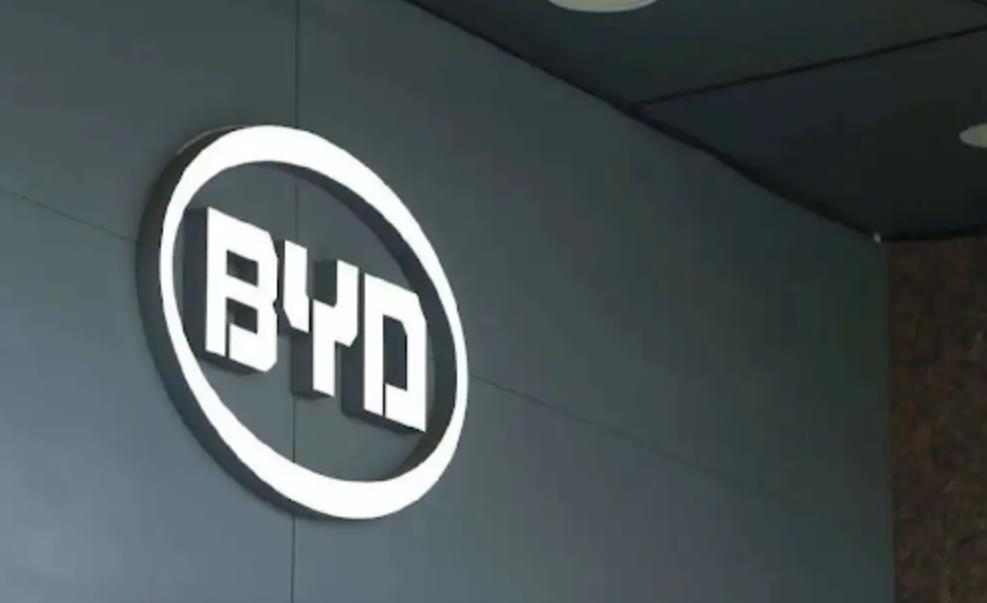
According to five sources familiar with the matter who spoke to British financial media, Chinese EV leader BYD is promoting an "accelerated overseas expansion" plan, with the goal of increasing its overseas sales ratio to 50% by 2030. The core of the strategy is a focus on the European and Latin American markets, and management has been explaining the importance of entering Europe to institutional investors over the past few months, and specific measures are being considered centered on increasing production capacity and building a local service network.
According to data, BYD, which recorded sales of 4.27 million units in the Chinese market in 2023, only accounted for 11% of its total overseas sales last year. However, according to the latest management report, overseas sales of new energy vehicles in April 2025 reached 79,086 units (21.2% of total sales), and passenger car sales in the same month increased 19.4% year-on-year to 372,600 units.
According to investors who attended private presentations, BYD executives continue to emphasize the "transferability of models proven in the Chinese market overseas." Internal evaluations have determined that the cost advantages of the hybrid technology platform and lithium iron phosphate battery system are compatible with the demand of emerging markets. In the European market, the company plans to build new factories in Hungary and Spain to respond to tariff policies through local production.
Industry analysts point out that BYD's confidence in its global expansion comes from its track record in the Chinese market. In 2024, plug-in hybrid vehicles will capture a 42% share of the Chinese market, and pure electric vehicles will also record a 29% share. During the Shanghai Motor Show, BYD officials revealed that global models such as the Hai Lion 7 Series use hardware structures that comply with the laws and regulations of the EU and South American countries.
Of note is the accelerated expansion of its overseas sales network. 67 new stores will be opened in the first quarter of 2025, increasing the number of countries covered to 58. In Brazil, a charging network jointly developed with local dealers covers major cities in 12 states. However, industry insiders warn that it will be difficult to achieve the 2030 target unless the company can overcome competition from Japanese and Korean manufacturers with roots in Southeast Asia and existing European brands in Africa.
There has been no official comment from BYD yet. According to data from the National Passenger Vehicle Market Information Conference, the company will sell a total of 1.38 million units in the first half of 2025 (up 47% from the same period last year). With the completion of the second phase of construction of the Long Yong plant in Thailand this month, monthly overseas production capacity is expected to exceed 150,000 units for the first time.